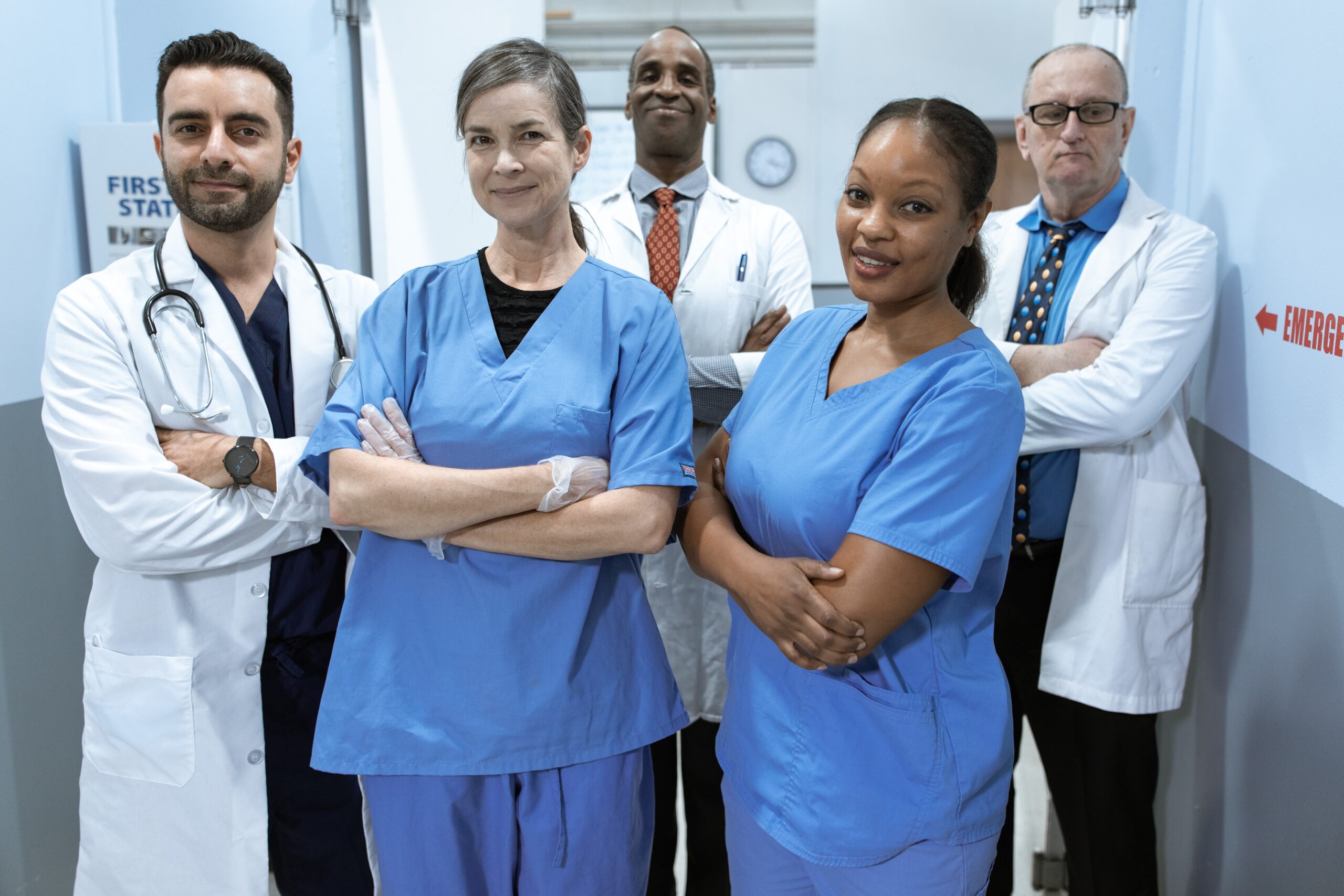Considering a medical career involves careful decision-making because medicine is a highly specialized field and encourages the preservation of human life. If you have heard anything promising or uplifting about any medical discipline, consider the following information when you decide to pursue a medical career.
Education
Before you begin charting your medical path, you would want to know the degree of education your preferred career requires and accordingly choose the best medical training and certificate courses.
Remember that medical professions deal with general education first and gradually move to specialization. You would need to understand what you will be doing for the latter part of your life in your profession.
With a commitment to research and tremendous perseverance, you will be armed with tools to make your decision process successful. Choose wisely.
Job Outlook.
Employment forecasts influence job demand. Job demand in the medical profession can have a direct impact on the number of positions available upon graduation.
Medical careers are forecasted to grow between 9% – and 30% over the next ten years. Furthermore, one’s quality of life from job security can equate to higher than normal life expectancy. If you have been dreaming of pursuing a medical career, this may be the right time to start taking advantage of what the future will offer once you get there.
Salary
Although income varies depending on the type of job you have, it is well known that medical careers offer a wide array of salary options. On an annual basis, an individual may earn $21,000.00 to as high as $160,000.00.
Admittedly, the amount of money you will earn will affect your decision but do not forget that what you are considering is a calling to serve others for life and not simply a business venture.
Career Advancement
Since you will be investing time, money, and mental capital into the medical career of your choice, you will soon realize the need for a professional. You need to select from medical careers that are less restrictive, offering you a path to specialize and gain professional recognition for it.
You do not need to be the boss to consider yourself professionally advanced. You need competence built from your experiences and breadth of responsibilities.
Skills Requirement
You will be trained to operate medical devices at school and during your residency. You may even be recognized by some as an expert with hard work and training. However, it is also important for you to possess the basic skills required by any job.
Your job will not begin and end using a scalpel, X-ray machine, syringe, and other medical devices. At one point, you will need to attain computer skills for research and reports.
You will also speak to people to further your communication requisites. Most importantly, you will need the ability to relate to patients, never mistreating or belittling them for their diseases or vulnerabilities.
Physical Requirements
Some medical careers have a few things that make them unique to the fields they cater to. Doctors are prone to wake up at any time and rush to the hospital due to emergencies.
Physical therapists need to have a flexible body, and laboratory technicians are prone to a sedentary work life of sitting for hours. Your body has to be able to endure specific physical job demands.
You would not want to feel frustrated if the path you have chosen turns out to be more physical than you can handle. Again, research all aspects of each medical that interests you.
